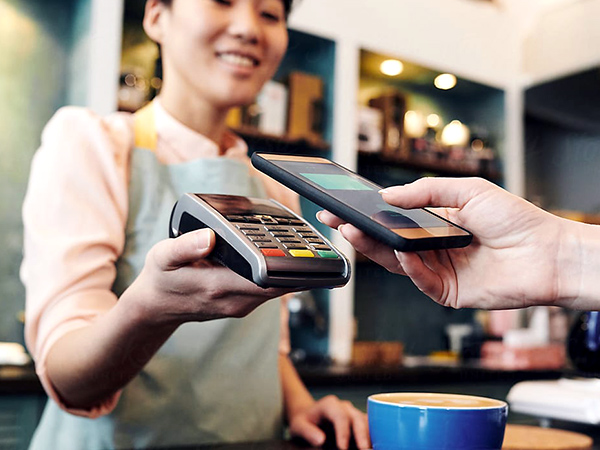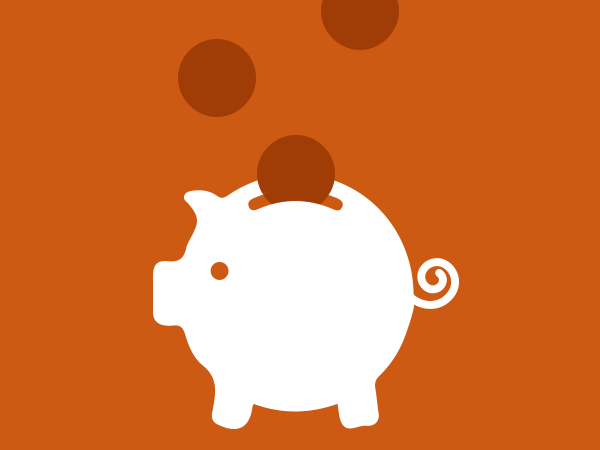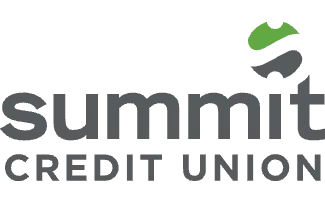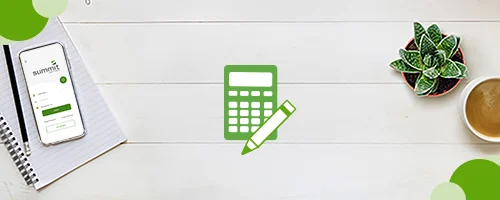Identity Theft: How To Spot It, Then Stop It.
Financial Education
4 Mobile Security Safety Tips Everyone Should Know
Digital Banking
Is it safe to do mobile banking on your phone?
1. Update your passwords. Seriously!
-
NEVER, ever, ever use the same password for multiple accounts. -
Create lengthy passwords with a variety of letters, numbers, symbols and capitalizations. -
Alter your passwords from one account to another. -
Change your passwords every two to three months. -
Use two-factor authentication whenever possible.
2. Check your financial accounts as often as possible.
3. Don’t use public Wi-Fi for mobile banking.
4. Keep your credit and debit cards secure by using mobile wallets.
mobile wallet
mobile security FAQs
stop by your local branch

3 Myths And Facts About Fraud

Breaking Free of the “nsf” Fee

What’s A Digital Wallet?

4 Mobile Security Safety Tips Everyone Should Know

4 Cash Flow Tips For Small Businesses

Switching Banks: What to Consider and 5 Easy Steps to Make It Happen

6 Tips To Be A Money Savvy Traveler

Don't Forget To Add Finances To Your Spring Cleaning List





Featured Products
Financial Education
About
Help & Support





Stay on SummitCreditUnion.com
Go
Consumer Financial Protection Bureau's website.



